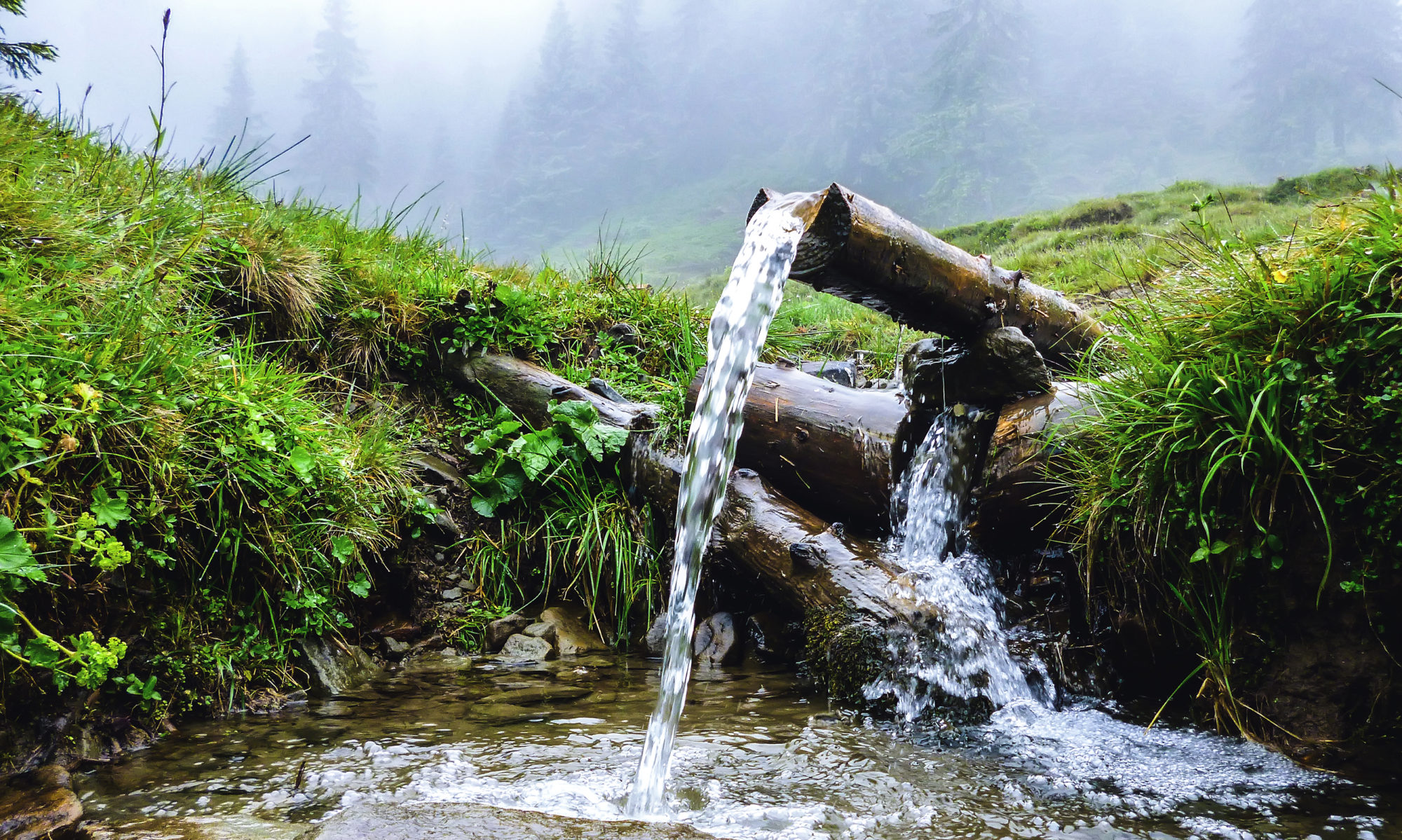Next up in “A Conversation with the Team” is Evelyn Charlesworth, a graduate water resource scientist at KSL
𝗧𝗲𝗹𝗹 𝘂𝘀 𝗮 𝗯𝗶𝘁 𝗮𝗯𝗼𝘂𝘁 𝘆𝗼𝘂𝗿 𝗯𝗮𝗰𝗸𝗴𝗿𝗼𝘂𝗻𝗱?
I graduated earlier this year from the University of Canterbury, with a Bachelor of Science and a Masters of Urban Resilience and Renewal. My main focus at uni was environmental science and geography. Environmental science is so broad, which I really enjoyed as it gave me a taste of different fields, but it was hard coming out of uni to pick a sector. However, I always enjoyed learning about water resources, as water is such a crucial part of our world. This interest grew after a few summer internships at Watercare in Auckland, where I got to do some awesome fieldwork and learn more about the water resources sector. My role at KSL is my first full time job, and I’m really enjoying it. It’s a lot of learning but I love the variety of work and upskilling in groundwater.
𝗪𝗵𝗮𝘁 𝗮𝗿𝗲 𝘆𝗼𝘂 𝗰𝘂𝗿𝗿𝗲𝗻𝘁𝗹𝘆 𝘄𝗼𝗿𝗸𝗶𝗻𝗴 𝗼𝗻?
My main workload involves climate change adaptation projects, ground source heat pump schemes, support fieldwork for mineral sands mining projects and a bit of business admin on the side. The most exciting thing I’m working on is probably a climate change adaptation project funded by the MPI Sustainable Land Management and Climate Change fund. I’ve been producing a lot of statistics for this using Python, which is still a new skill for me.
𝗪𝗵𝗮𝘁’𝘀 𝗯𝗲𝗲𝗻 𝘆𝗼𝘂𝗿 𝗯𝗶𝗴𝗴𝗲𝘀𝘁 𝗰𝗵𝗮𝗹𝗹𝗲𝗻𝗴𝗲 𝘁𝗵𝗶𝘀 𝘆𝗲𝗮𝗿?
My biggest challenge this year has probably been entering the workforce in general. Leaving formal education has definitely been a change; getting used to the different demands of working, learning lots of new skills, and the unique aspects of working in a small company.
𝗪𝗵𝗮𝘁’𝘀 𝗯𝗲𝗲𝗻 𝘆𝗼𝘂𝗿 𝗯𝗶𝗴𝗴𝗲𝘀𝘁 𝘀𝘂𝗰𝗰𝗲𝘀𝘀 𝘁𝗵𝗶𝘀 𝘆𝗲𝗮𝗿?
On the flip side, I’d say my biggest success this year has been adjusting to work. There’s been a lot going on and a lot to learn, and I’m fairly happy with how I’ve adapted to it all. Getting better at Python has also been something to celebrate!
𝗪𝗵𝗮𝘁 𝗵𝗮𝘀 𝗰𝗮𝘂𝗴𝗵𝘁 𝘆𝗼𝘂𝗿 𝗮𝘁𝘁𝗲𝗻𝘁𝗶𝗼𝗻 𝗶𝗻 𝘁𝗵𝗲 𝗶𝗻𝗱𝘂𝘀𝘁𝗿𝘆 𝗹𝗮𝘁𝗲𝗹𝘆?
In the wider environmental science industry, I’ve found the conversation around degrowth really interesting. This podcast (https://lnkd.in/gaQxb7PB) explains the concept and its reality well. In a time when the climate crisis is becoming increasingly apparent, I’m interested in how we can restructure our society in a way that’s achievable and achieves the change we need.
𝗪𝗵𝗮𝘁 𝗱𝗼 𝘆𝗼𝘂 𝗹𝗼𝘃𝗲 𝘁𝗼 𝗱𝗼 𝗼𝘂𝘁𝘀𝗶𝗱𝗲 𝗼𝗳 𝘄𝗼𝗿𝗸?
I love getting outdoors, going for walks, tramps, running and swimming in the ocean. I enjoy cooking, gardening, listening to music, podcasts and a good book.


